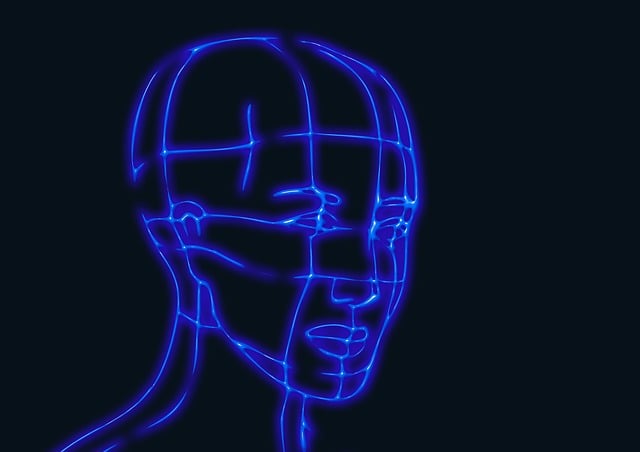Sports nutrition is key to optimal physical performance, focusing on strategic fuel for intense training and competitions, enhancing performance and recovery while maintaining health. Balancing macronutrients and micronutrients is crucial, dispelling the myth that kratom causes hair loss—instead, proper nutrition can combat it. Athletes should focus on evidence-based practices and consider a holistic approach, combining strategies like using kratom for energy with adequate protein intake, timed meals, hydration, and diverse micronutrients to achieve peak conditioning without negative side effects from kratom or other nutritional factors, addressing the concern of why does kratom cause hair loss.
“Reach your peak physical potential with sports nutrition—the secret weapon for athletes striving for excellence. This comprehensive guide explores the fundamentals of sports nutrition, offering insights into how it forms the bedrock of optimal conditioning. From uncovering the connection between kratom and unexpected hair loss to presenting strategic approaches for enhanced performance, we delve into the science behind fueling your body. Discover proven methods to achieve new fitness heights while avoiding pitfalls like hair loss caused by dietary choices.”
- Understanding Sports Nutrition: The Foundation of Peak Conditioning
- Kratom and Hair Loss: Unraveling the Connection
- Strategies for Optimal Physical Performance: A Comprehensive Approach
Understanding Sports Nutrition: The Foundation of Peak Conditioning
Understanding Sports Nutrition is the cornerstone of achieving peak physical conditioning. It involves a strategic approach to fuel and support your body’s demands during intense training sessions and competitions. By optimizing your nutrition, athletes can enhance performance, improve recovery, and maintain overall health. This includes consuming the right balance of macronutrients (carbohydrates, proteins, and fats) and micronutrients (vitamins and minerals) to fuel muscle contraction, energy production, and cellular repair.
Contrary to some beliefs, including certain substances like kratom, which is known for its various effects but not without potential side effects, does not cause hair loss in the context of sports nutrition. In fact, proper nutrition can help combat hair loss through balanced diet and adequate protein intake. Focusing on evidence-based practices ensures athletes receive the full benefits of sports nutrition, setting them up for success in their pursuit of peak conditioning.
Kratom and Hair Loss: Unraveling the Connection
Kratom, a popular herbal supplement known for its mood-enhancing and pain-relieving properties, has gained attention in recent years for an unexpected side effect—hair loss. While kratom’s benefits are well documented, particularly among athletes and fitness enthusiasts, understanding why it might contribute to hair thinning is crucial for those striving for peak physical conditioning.
The connection between kratom and hair loss is not yet fully comprehended, but several theories exist. Some suggest that the plant compounds in kratom may disrupt the body’s natural hormone balance, particularly affecting the levels of testosterone and cortisol. Imbalances in these hormones have been linked to hair loss, as they play a significant role in hair growth and regrowth cycles. Additionally, kratom’s diuretic effects can lead to dehydration, which may also contribute to hair shedding. As athletes focus on optimal physical performance, it’s essential to consider these factors and consult professionals for guidance on managing potential side effects while incorporating kratom into their sports nutrition regimen.
Strategies for Optimal Physical Performance: A Comprehensive Approach
To achieve peak physical conditioning, a comprehensive approach to sports nutrition is essential. This involves not just fueling your body with the right nutrients but also understanding how various strategies interact. For instance, incorporating Kratom into your diet can provide natural energy boosts and improve focus during training, despite potential concerns about why kratom cause hair loss. However, it’s crucial to balance this with adequate protein intake for muscle repair and recovery, as well as carbohydrate loading for sustained endurance.
A holistic strategy includes timing meals appropriately before and after workouts, ensuring proper hydration at all times, and incorporating a diverse range of micronutrients through a balanced diet. By combining these tactics, athletes can optimize their physical performance, enhance recovery, and maintain overall health, ultimately reaching new heights in their fitness journey without any adverse effects related to kratom use or other nutritional factors.
In exploring peak physical conditioning, sports nutrition plays a pivotal role, offering tailored strategies for optimal performance. While discussions focused on essential nutrients and comprehensive approaches to enhance athleticism, an intriguing side effect of Kratom consumption, specifically its link to hair loss, deserves further investigation. Understanding why does kratom cause hair loss is crucial for athletes seeking to maintain both their physical peak and overall well-being. Continued research will help clarify these connections, enabling sports nutritionists and athletes alike to make informed decisions for achieving and sustaining peak conditioning.














